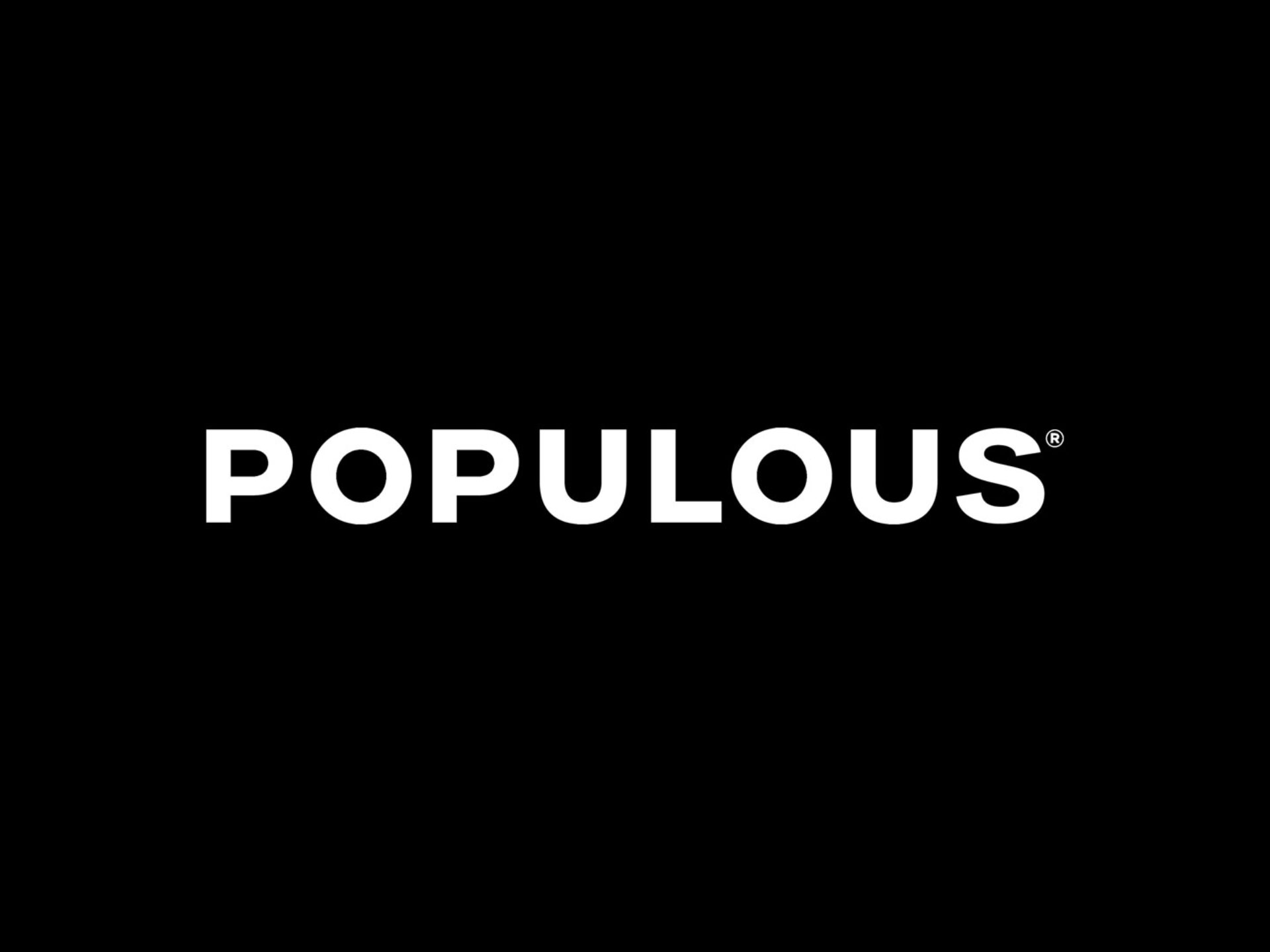March 20, 2017
Uncertainty or certainty – The shift in commercial rights in sport.

It was recently announced that Oppo Mobiles is replacing Star India as the official sponsor of the Indian cricket team from April 2017, and in turn paying a massive circa US$162M over five years. The Board of Control for Cricket in India (BCCI) ran a tender process inviting nine companies to submit bids for the next 5 years. With two bids received, Oppo Mobiles’ bid came in at five times that of the previous Star India bid, completely surpassing the BCCI’s minimum reserve of $81M. The second bid came in at $115M and was submitted by mobile phone company VIVO. This news got me thinking about the uncertainty, or certainty, in commercial rights in sport.
Cricket is huge amongst Indian fans and the sport is deeply imbedded into their lives, but at what point do mega deals like this become unsustainable? Globally we are seeing a huge change in the way fans consume content and broadcasters are losing subscribers at an alarming rate. ESPN lost 621,000 subscribers in one month alone, triggering them to rethink what they deliver to their subscribers. In the UK, BT has just paid £1.18bn for three years of Champions League football, a 32% price rise on an already expensive deal, in a market that is overloaded with football content. The Chief Executive of BT’s consumer division pointed to a worrying statistic, saying that one third of 15 and 16 year olds are not watching linear TV. Are these fans still interested in premium football content?
This is further supported by a report released by Nielsen Sports on commercial trends in sport which indicates ‘changing attention spans promoting rights holders to re-think’. The trend is that fans are ‘intensely’ interested in fewer things, and ‘somewhat’ interested in more things. The amount of information and content that’s available at our finger tips means our short attention spans are being distracted and overloaded by copious amounts of sports content on countless channels. Are we at the tipping point?
This may all sound like doom and gloom but there is hope of turning this trend around as organisations reset the dial and look to put the fan first, be it in content, broadcasting or commercial integration or at the venue.
For example, the Australian Football League (AFL) in Australia has recently acquired ownership rights to Etihad Stadium, a versatile roofed stadium that is home to five clubs, whilst hosting a wide range of sporting and entertainment content outside of the league. This acquisition allows the AFL to provide clubs with the ability to control and commercialise the fan experience. In Australia this is a very unique situation as clubs don’t usually own assets, ensuring this model will be closely watched.
Looking globally, Liberty Media has acquired the Formula One rights and plan to turn each event into a Super Bowl type experience for sponsors, advertisers and fans.
And in China, the country aims to develop an $800Bn sports economy by 2025 and the China Super League boasts five of the top 15 highest paid players in the world. While teams have spent a huge £320m on attracting new players, the league is now tasked with creating hype to draw more fans in. The League started in 2004 with average match attendances of 10,838 people and this figure has since doubled by the end of last 2015.
As fan behaviours change combined with technology disruption impacting the way content is consumed, one thing is certain: organisations are still betting big on sports. Anticipating fan behaviours will be critical in getting the balance of what content to bet on and how to leverage the engagement with fans who are time poor, content overloaded and certainly easily distracted.
Lorem ipsum dolor sit amet consectetur, adipisicing elit. Non facere corporis et expedita sit nam amet aut necessitatibus at dolore enim quis impedit eius libero, harum tempore laboriosam dolor cumque.
Lorem, ipsum dolor sit amet consectetur adipisicing elit. Illo temporibus vero veritatis eveniet, placeat dolorem sunt at provident tenetur omnis, dicta exercitationem. Expedita quod aspernatur molestias eum? Totam, incidunt quos.